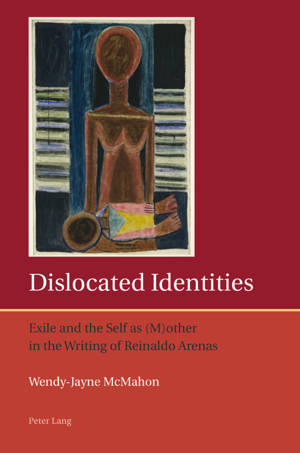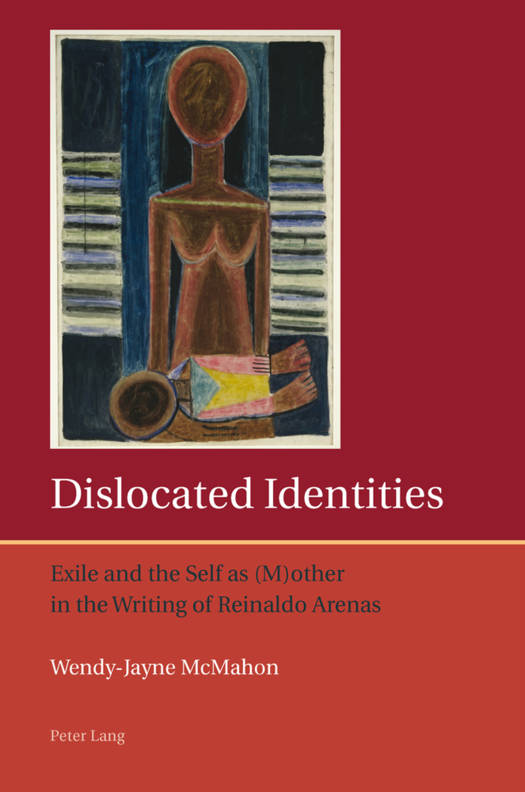
Door een staking bij bpost kan je online bestelling op dit moment iets langer onderweg zijn dan voorzien. Dringend iets nodig? Onze winkels ontvangen jou met open armen!
- Afhalen na 1 uur in een winkel met voorraad
- Gratis thuislevering in België vanaf € 30
- Ruim aanbod met 7 miljoen producten
Door een staking bij bpost kan je online bestelling op dit moment iets langer onderweg zijn dan voorzien. Dringend iets nodig? Onze winkels ontvangen jou met open armen!
- Afhalen na 1 uur in een winkel met voorraad
- Gratis thuislevering in België vanaf € 30
- Ruim aanbod met 7 miljoen producten
Zoeken
Dislocated Identities
Exile and the Self as (M)other in the Writing of Reinaldo Arenas
Wendy McMahon
€ 68,45
+ 136 punten
Omschrijving
This book offers a significant, original and timely contribution to the study of one of the most important and notorious Latin American authors of the twentieth century: Reinaldo Arenas. The text engages with the many extraordinary intersections created between Arenas' writing, the autobiographical construction of the literary subject and the exilic condition.
Through focusing on texts written on the island of Cuba and in exile, the author analyses the ways in which Arenas' writing emblemises a complex process of identification with, and rejection of, his homeland - always an imagined place and which is, as the place of his origins, intrinsically related to the maternal. She examines how the maternal and the motherland are conflated and how the narrator-protagonists' identification is always in relation to, and dependent upon, this dominant motif. The book also explores the extent to which Arenas' writing is a tortuous attempt to escape from this dominance and to free himself and his writing from the ties that bind him to the mother and the motherland, and shows that Arenas suffered the exilic condition long before his move to the United States in 1980 as part of the Mariel exodus.
Through focusing on texts written on the island of Cuba and in exile, the author analyses the ways in which Arenas' writing emblemises a complex process of identification with, and rejection of, his homeland - always an imagined place and which is, as the place of his origins, intrinsically related to the maternal. She examines how the maternal and the motherland are conflated and how the narrator-protagonists' identification is always in relation to, and dependent upon, this dominant motif. The book also explores the extent to which Arenas' writing is a tortuous attempt to escape from this dominance and to free himself and his writing from the ties that bind him to the mother and the motherland, and shows that Arenas suffered the exilic condition long before his move to the United States in 1980 as part of the Mariel exodus.
Specificaties
Betrokkenen
- Auteur(s):
- Uitgeverij:
Inhoud
- Aantal bladzijden:
- 266
- Taal:
- Engels
- Reeks:
- Reeksnummer:
- nr. 2
Eigenschappen
- Productcode (EAN):
- 9783034302234
- Verschijningsdatum:
- 14/04/2012
- Uitvoering:
- Paperback
- Formaat:
- Trade paperback (VS)
- Afmetingen:
- 150 mm x 224 mm
- Gewicht:
- 408 g

Alleen bij Standaard Boekhandel
+ 136 punten op je klantenkaart van Standaard Boekhandel
Beoordelingen
We publiceren alleen reviews die voldoen aan de voorwaarden voor reviews. Bekijk onze voorwaarden voor reviews.











